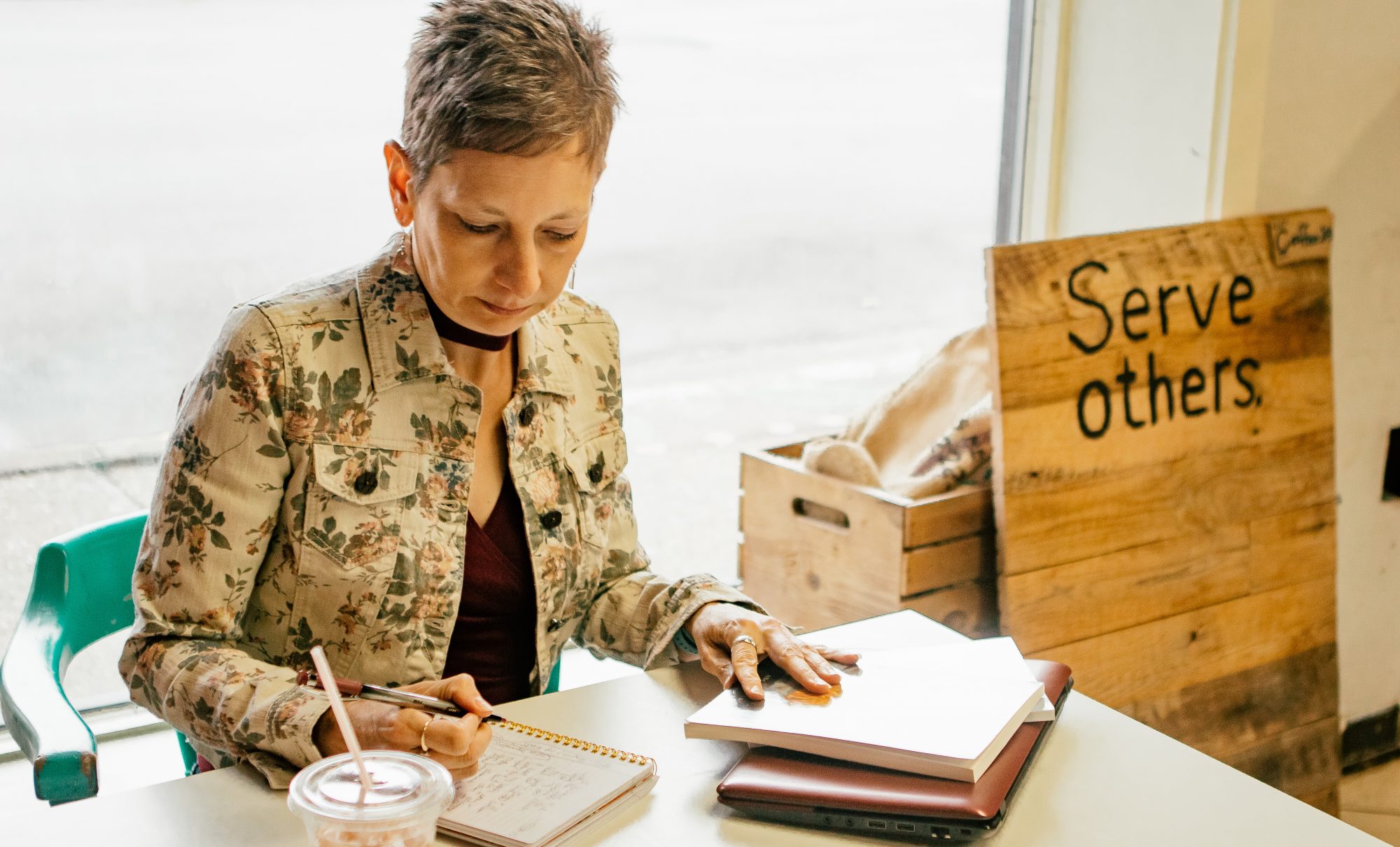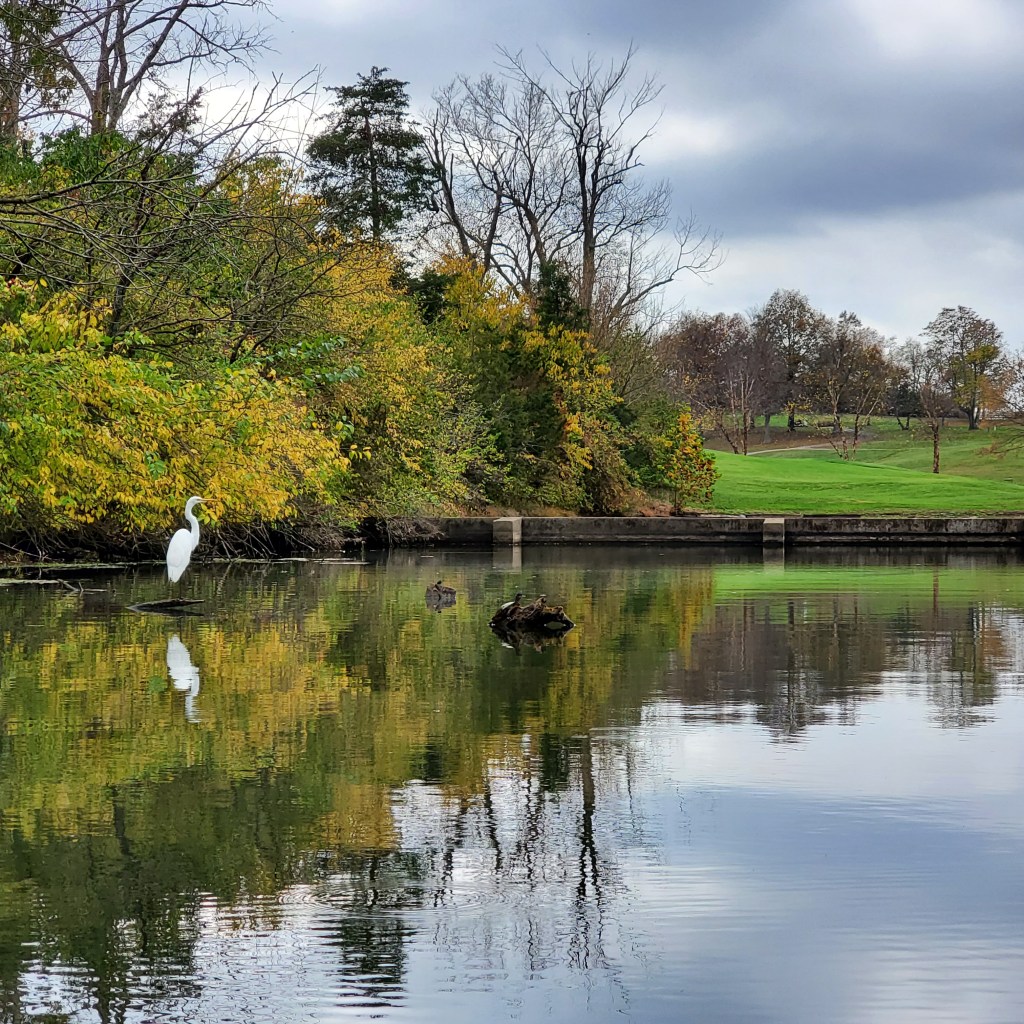
I love the imagery of God, the Father, anointing Jesus Christ as His Son with great Joy.
The Holman Illustrated Bible Dictionary defines anointing as rubbing a person or thing, usually with oil, to heal or set apart. It says we can anoint ourselves, anoint others, and be anointed. The Hebrew verb mashach, or messiah (noun), and the Greek verb chrio, or christos (noun), are translated as “to anoint.”
In the Old Testament, kings and priests were anointed to official capacity through a ceremony that symbolized God’s power upon them, an act that permeated an element of awe. The New Testament uses the word to describe daily grooming (Matt.6:17, ESV), healing (Luke 10:34), and preparation for burial (Mark 16:1).
God anointed Jesus Christ as King. The author of Hebrews quotes Psalm 45:7, expressing God’s verification of Jesus’ identity to all as His Son, with the oil of gladness (Heb. 1:9). Christ did not exalt Himself. He was appointed by God, the Father (Heb. 5:5).
Oil was regarded as a luxury and a symbol of joy. Olive oil was commonly used in the Bible and was highly regarded as a symbol of honor (Judg. 9:9), blessing, and prosperity (Job 29:6).
Jesus Christ was already Creator and God’s Son (John 1:1)—God was exalting Him to reveal Christ as a divine, just, and superior high priest offering a better covenant (7:22, NLT), better promises (8:6), and better hope (7:19), leading to something better for those who believe in Christ (11:40).
Jesus is the Anointed One – the Messiah – and Savior (Acts 10:38). The OT used this symbolism to show God’s presence and power. Similarly, Christians are anointed by God (2 Cor. 1:21); I John 2:27) for the commissions of ministry (Brand, 2015, pg. 69).
Jesus’ earthly prayers were heartfelt, earnest, and tearful (Hebrews 5:7). His reverence formed the basis of His prayers, which were answered, to intercede for and help every Christian (Romans 8:34). His resurrection saved Him out of death – showing his submission to the Father as He waited on His answers.
People may not consider anointing for cleansing, purifying, protecting, or healing today. Still, it is powerful when accompanied by the Holy Spirit and Jesus Christ’s mighty name in prayer. The oil itself doesn’t have power, but the name of Jesus Christ holds the awe-struck power. We can set ourselves apart as holy – a vessel for God – useful to our Master and ready for every good work, cleansing ourselves from what is dishonorable (2 Timothy 2:21).
Spiritual weapons are robust against the doubts and fears the enemy tries to throw at us, especially when we are doing God’s work. With intercessory prayers, we can anoint others and our homes for protection.
Food for thought: Perhaps we can symbolically anoint ourselves with the oil of gladness and ask God to protect us so that we can avert the enemy’s tactics of keeping us from God’s good work.
Our joy isn’t dependent on our circumstances but comes from our relationship with God, regardless of our circumstances.










